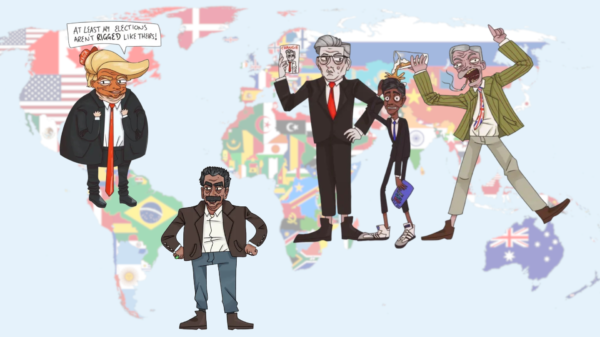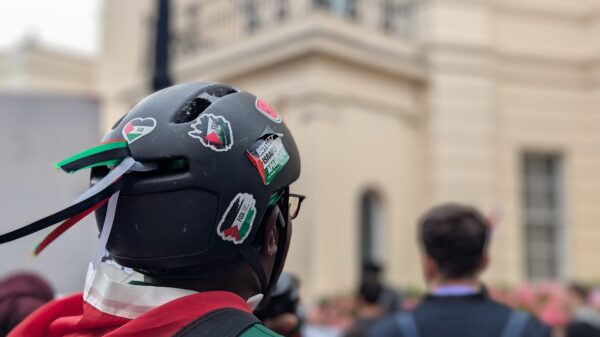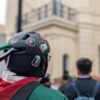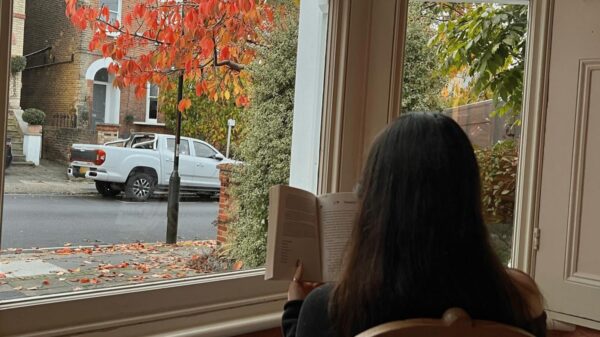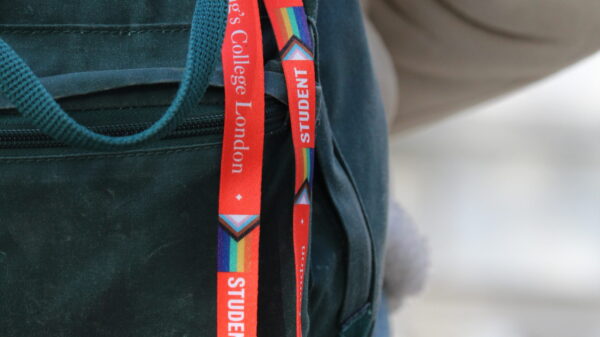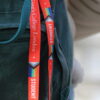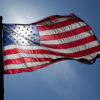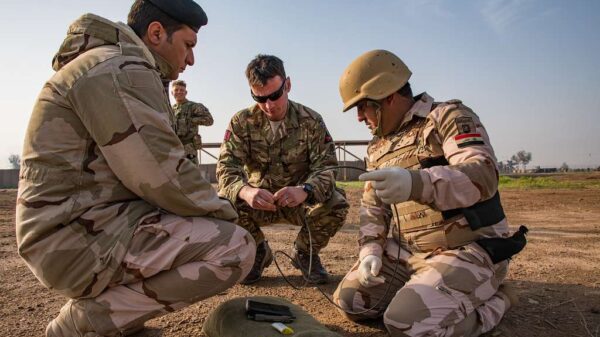Staff writer Alex Martin Astley examines the recent turbulent history of Lebanon, detailing the country’s economic collapse, political upheaval, and ongoing conflicts that continue to shape the lives of its people
A sound like deep thunder rattled the windows of my apartment in Geitawi in east Beirut. Improbable weather for another impeccable afternoon in early July. Within minutes, the local news channels confirmed that a pair of Israeli fighter jets had flown over the city, breaking the sound barrier with a crack that set off car alarms. The warplanes timed their flyover to coincide with the start of a televised speech by Hassan Nasrallah, the reclusive leader of Hezbollah.
The Israelis were sending a message, and it was certainly heard. But my neighbours seemed untroubled, their afternoon naps undisturbed. After all, this was not the first time there had been unsolicited aerobatics in the skies above Beirut. And the Lebanese have had to adapt to far worse in recent years. It was my first week back in Beirut since April 2019; a lot can happen in five years.
Back then, Beirut was its usual self: charming and ebullient, with an atmosphere that beguiles all strangers who come here. From the corniche that borders the Mediterranean in the west to the fabled bars of Armenia Street in the east, the city was busy with locals and tourists, who were pouring into the country in record numbers. Even the southern region, beyond the Litani River where the UN peacekeeping zone begins, was attracting tourists, curious to visit the battle sites of the 2006 war between Israel and Hezbollah.
To a naive foreigner, Lebanon’s violent past seemed incongruous amid such flattering hospitality. But signs of the more disastrous 15-year civil war were everywhere. The bullet-riddled Holiday Inn, whose husk has towered over Beirut since the shooting started in 1975, stands among the undeniable, if surreal, relics of that conflict that had ended only thirty years before.
And yet, the beach bars went on regaling their clientele with the usual mix of techno and nostalgic Arab classics. And with snow capping the Mount Lebanon range, it was still possible – to borrow the tired cliché from every guidebook on Lebanon – to go skiing in the morning and swim in the sea in the afternoon. Those heady days seem a long way away now. Shortly after I left commenced a series of disasters that have defined the latest tragedy of the Lebanese people.
It began in August 2019, when the money ran out. Years of fiscal mismanagement and corruption had finally given way to a liquidity crisis. The ensuing economic collapse was devastating, one of the worst anywhere since the 19th century. Public services floundered, and banks refused to give depositors access to their savings. Some customers had medical bills to pay to keep their relatives alive. They held their own banks up at gunpoint.
The Lebanese were betrayed by their government, and they showed their anger in their hundreds of thousands in the “17 October Revolution.” The protesters demanded sweeping reforms, seeing the root cause of the crisis as Lebanon’s confessional system – a hangover from the country’s independence from France that divides government along sectarian lines. Patronage, rather than honest governance, has been its natural result. The political crisis that followed the uprising, and the ongoing economic ruin, were only aggravated by the coronavirus pandemic, which put many hospitals at maximum capacity.
Then, at 6.07pm on 4 August 2020, after being stored in a flimsy tent at Beirut’s port for six years, hundreds of tonnes of ammonium nitrate caught fire and exploded. The blast was heard as far as Cyprus. A friend, living on the other side of the city, said the shockwave knocked people down in the street. More than 200 were killed and tens of thousands of homes were destroyed. The search for those responsible goes on, but it was clear that government negligence and corruption were the underlying causes. Another betrayal, met with renewed anger against the kleptocrats in charge. You can still see the damage from the explosion today. The crumbling grain silos stand quietly beside a watery crater in the port. One more monument to Lebanon’s endless tragedy.

The effects of cronyism – speciality of the venal families who own the country – were compounded when, a year later, Lebanon was plunged into darkness after two major power stations ran out of fuel. Électricité du Liban, the state-owned supplier, an establishment infamous for its levels of wasta (nepotism), was unable to pay for diesel imports due to the liquidity crisis. For almost three years, rolling blackouts dictated a new way of life, with only a few hours of electricity per day. Those who could afford it turned to diesel generators to fill the gap. Today, the streets of Beirut are littered with them. Their fumes, stifling in the summer, leave an ochre haze above the horizon.
Ten months ago, war came to Lebanon again. When Hezbollah launched rockets at the contested Shebaa Farms border area on 8 October 2023, a new front opened in the south. Since then, the Party of God has fired thousands of rockets into northern Israel in support of Hamas. For every strike, Israel has responded with four. Civilians have been killed on both sides of the border, and hundreds of thousands are displaced. In other parts of Lebanon, people are increasingly anxious about the prospect of all-out war. The tone darkened last week after Israel’s back-to-back hits on a senior Hezbollah commander in Beirut, and on Hamas leader Ismail Haniyeh in Tehran. As I write, the country is holding its breath ahead of Iran’s next move. The Ayatollah vows revenge.
But the conflict has also strained domestic tensions. The old rivalries of the civil war, never far from the surface, are more obvious now. The Shia presence in Beirut seems more overt, more confident somehow. Banners paying homage to the martyrs line certain streets, their beatific smiles watching over their neighbourhoods. Their old foes among the Maronite Christian camp have, at times, felt the need to respond to Hezbollah’s posturing. Members of the Lebanese Forces, a right-wing party formed during the civil war, took to the streets in April this year after one of their officials was assassinated. They blamed Hezbollah, whom they continue to criticise publicly for the war in the south.
Small wonder then, that after five years there is a visible weariness. A sense of a people who, once more, have had to crouch down, pick up the pieces, and start again. Most of the people, that is. In the city centre – heavily guarded by soldiers – the Rolex and Cartier shops are open, Range Rovers and Cadillacs parked outside. A shameless insult to the majority of the population living in poverty; a perfect image to capture all that is rotten in Lebanon.
As the “17 October” protesters made clear, the country is in need of an alternative: the nation’s dependence on sectarian politics is the very thing destroying it. But it is a system that benefits too many old grey men from the civil war who clutch onto power. They are not going to go quietly.


